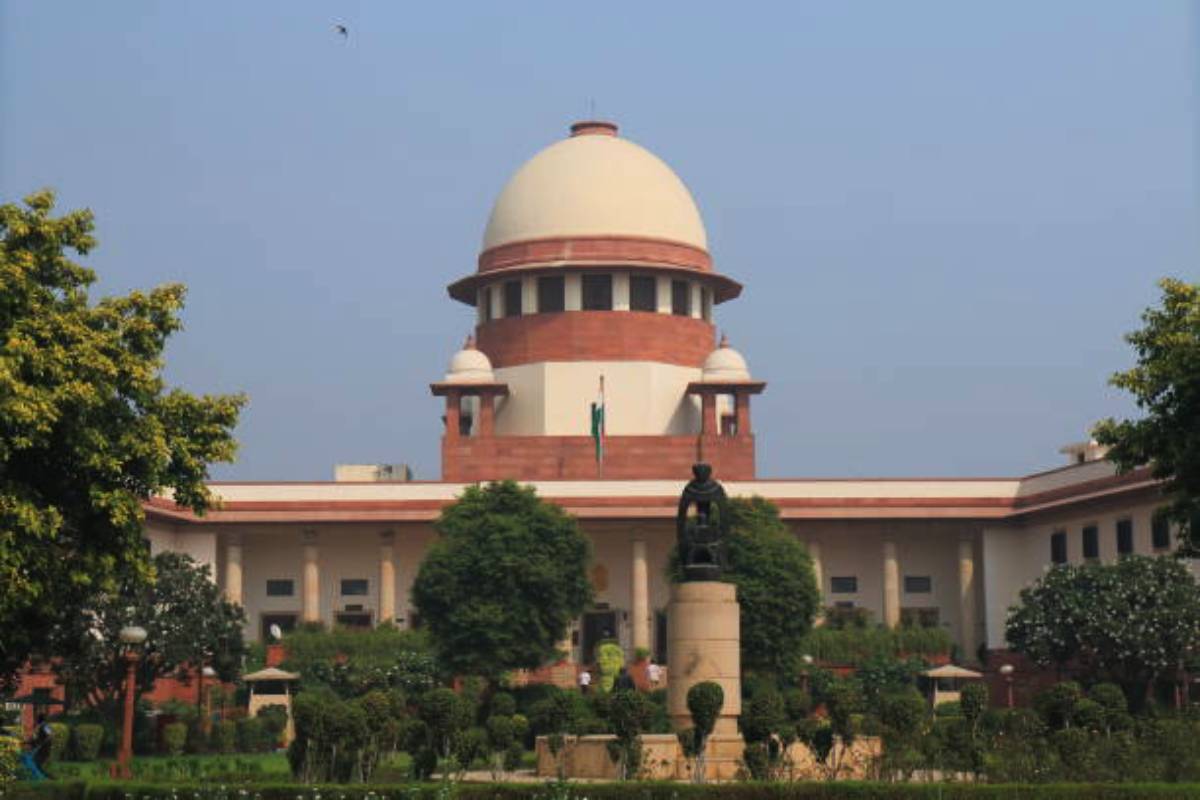A day after the Central government notified Citizenship (Amendment) Rules, 2024, enabling Hindus, Sikhs, Christians, Parsis, Buddhist, Jains, who had come to India to escape religious persecution in Pakistan, Bangladesh and Afghanistan on or before December 31, 2014, to acquire Indian citizenship, the Kerala based Indian Union Muslim League (IUML) on Tuesday moved the Supreme Court challenging the rules and seeking their stay.
Seeking the stay of the Citizenship (Amendment) Act and the Citizenship (Amendment) Rules, 2024 notified 0n Monday – March 11 – for enforcing the Citizenship (Amendment) Act, 2019, the Indian Union Muslim League has sought that no coercive steps be taken against persons belonging to Muslim community, who have been excluded from the benefits of the CAA.
Advertisement
On December 12, 2019, the Indian Union Muslim League was the first to approach the Supreme Court challenging the constitutional validity of Citizenship (Amendment) Act (CAA) and today it has sought the stay of both the CAA and Rules framed thereunder for enforcing the controversial law that led to one of the longest Shaheen Bagh protest against it, which had to be terminated with the outbreak of COVID-19 pandemic.
The Citizenship (Amendment) Act, 2019, was passed by the parliament on December 11, 2019, and the President gave assent to the CAA the next day – December 12, 2019. Same day, the Indian Union Muslim League approached the Supreme Court challenging the constitutional validity of the law.
The Indian Union Muslim League in its challenge to the Citizenship (Amendment) Rules 2024, has stated that the Rules create an “highly truncated and fast-tracked process” for the grant of citizenships to non-Muslim migrants from the specified countries, thereby making operational a “manifestly arbitrary and discriminatory” regime solely on the ground of religious identity.
The IUML has in its petition challenging the Citizenship (Amendment) Rules, 2024, has further stated that the Rules are manifestly arbitrary and creates an unfair advantage in favour of a class of persons solely on the ground of their religious identity, which is impermissible under Article 14 (Equality before law) and 15 (Prohibition of discrimination on grounds of religion, race, caste, sex or place of birth) of the Indian Constitution.
“Since the CAA discriminates on the basis of religion, it strikes at the root of secularism, which is the basic structure of the Constitution… India’s constitutional framework, read with obligations under the international law, mandates a framework of refugee protection that is non-discriminatory,” reads the IUML petition.
The CAA fast-tracks the process of granting citizenship to Hindus, Sikhs, Buddhists, Jains, Parsis and Christians who fled the countries of their birth – Afghanistan, Bangladesh and Pakistan – to escape religious persecution and took refuge in India on or before December 31, 2014.
The 2019 Amendment Act had amended the Citizenship Act, 1955, which makes illegal migrants eligible for citizenship if they (a) belong to the Hindu, Sikh, Buddhist, Jain, Parsi or Christian communities, and (b) are from Afghanistan, Bangladesh or Pakistan. It only applies to migrants who entered India on or before December 31, 2014. As per the amendment, certain areas in the Northeast are exempted from the provision.











